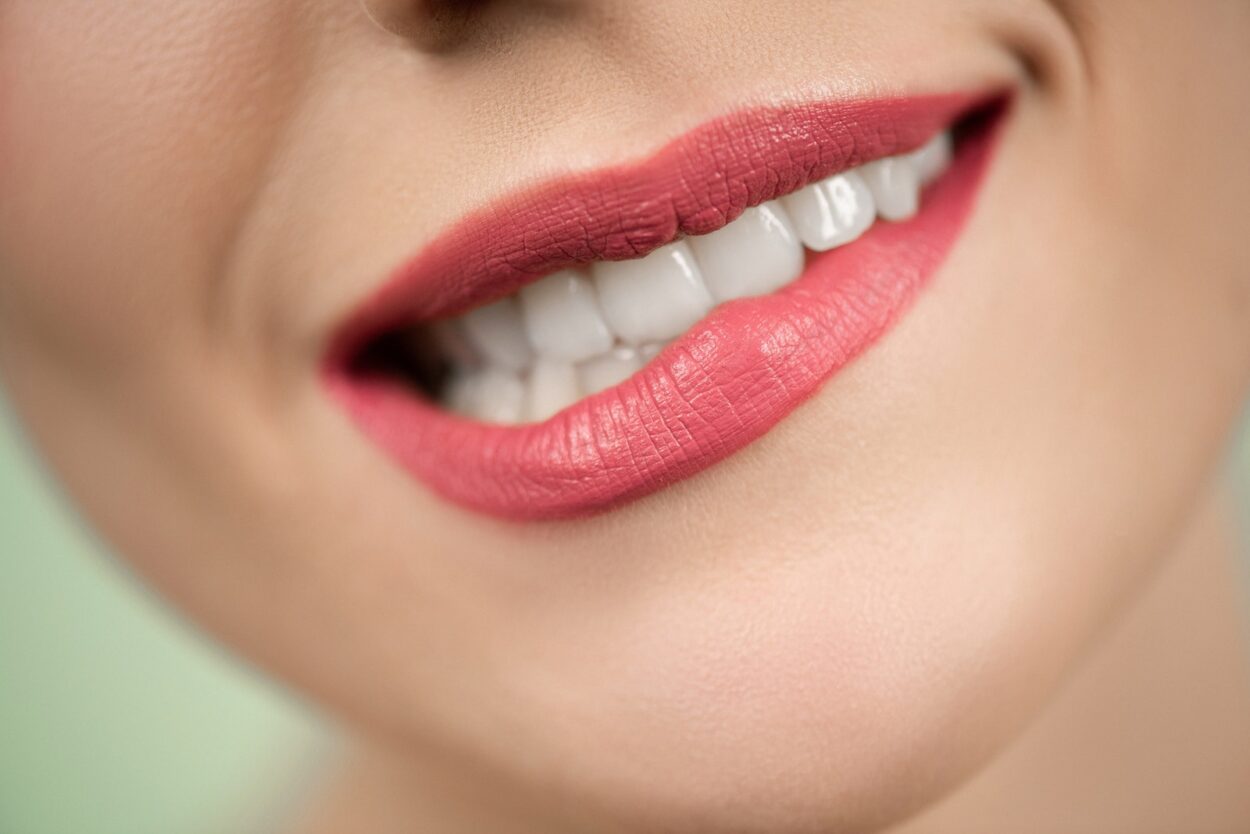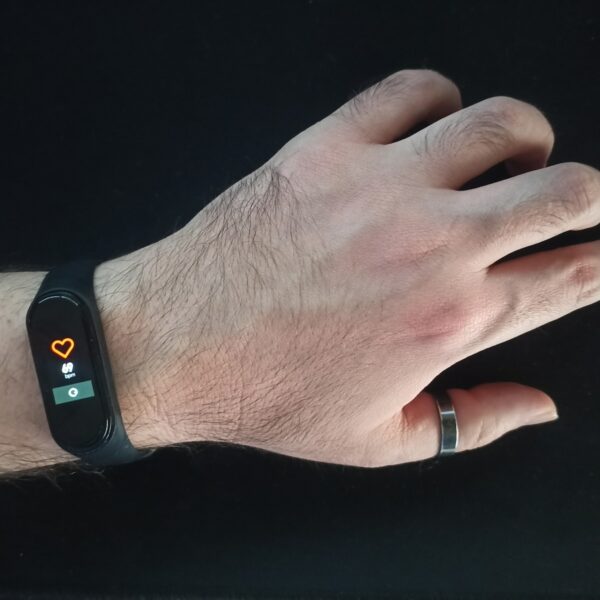Feeling queasy after sex isn’t something that’s commonly talked about, but it can be an uncomfortable and unwelcome symptom. Nausea during arousal can be caused by both physical and psychological factors.
For example, if your partner penetrates deep during intercourse, it could trigger an episode of vasovagal syncope, which can lower your heart rate and cause nausea. This symptom can also be triggered by certain scents.
Physical Causes
Nausea during arousal can be caused by many physical factors. Some of these include motion sickness (from being rocked back and forth, up and down, or side to side during sex), eating heavy meals before sex, or medication side effects. Hormonal changes can also impact sexual function and cause nausea.
Another common cause of sex-related nausea is a fear of intimacy and/or sexual trauma from past experiences. This can be triggered by the fight-or-flight response that our bodies automatically activate to deal with perceived threats or dangers, particularly in situations of intimacy and closeness – This section has been constructed by the website’s experts https://sexybaccarax.com.
Additionally, some women experience nausea during or after sex due to the pain of uterine contractions associated with an orgasm. This condition is known as post-orgasmic illness syndrome and can lead to other symptoms, including fatigue, blurred vision, bloating, muscle aches, and – you guessed it – nausea.
Nausea can also be triggered by sex-related sensual play, such as using food or perfumed lubes that have a strong scent or by combining sexual and oral activities with other sensory stimulation. For example, if you find that you get nauseous during orgasm due to bouncing up and down in bed with your partner, this could be a sign of sexual aversion disorder, which is characterized by severe feelings of anxiety and fear around sexual activity.
Psychological Causes
In some cases, nausea during arousal is a result of emotional distress or anxiety. It may be caused by a fear of sexual activity, feelings of inadequacy, or concerns about an undetected STD. These can all lead to a feeling of queasy discomfort during sexual activity, especially for women.
Occasionally, nausea during arousal is caused by food and drink intake, dehydration, or medications, such as antidepressants or stomach-settling ones like acetaminophen. In these cases, a change in diet or medication will help alleviate symptoms.
Nausea during arousal can also be a symptom of certain medical conditions, such as gastrointestinal issues, including gastroesophageal reflux disease (GERD) or irritable bowel syndrome. It can also be a sign of pregnancy or a minor infection, such as a urinary tract infection.
In some cases, a person’s feelings of nausea during arousal are related to the stimulation of the vagus nerve, a long nerve that extends from the brain to the chest and abdomen. This nerve is responsible for activating autonomic nervous system responses, gastric dysrhythmias, and the release of the hormone vasopressin. Various non-medication treatments, such as acupuncture or massage therapy, can stimulate this nerve and reduce nausea. In addition, a healthcare provider can discuss the root cause of the nausea and recommend treatment to manage it. If the underlying cause is psychological, a therapist or mental health professional can provide guidance through relaxation techniques and strategies to overcome the anxiety.
Symptoms
The symptoms of nausea during arousal can vary widely from person to person. Some people experience mild queasiness, while others experience severe nausea and vomiting. Symptoms may occur during foreplay, intercourse, or orgasm. Nausea during arousal is usually temporary, but persistent or severe symptoms should be evaluated by a healthcare provider.
Nausea after sex can also be a sign of an underlying medical condition, such as gastroesophageal reflux disease or peptic ulcers. These conditions can be diagnosed through medical tests and treated with medications or surgery. Nausea after sex can also indicate an underlying psychological cause, such as sexual trauma or sexual aversion disorder. These causes can be addressed with therapy or counseling and avoiding triggering situations.
Lastly, nausea after sex can be caused by drugs or alcohol. This can be avoided by avoiding consuming these substances before sexual activity.
Whether your nausea is physical or psychological, it’s important to treat it with care and respect for your body. Acute or chronic nausea can be a sign of serious health conditions, so always seek prompt medical attention if necessary. In addition, if you experience persistent nausea after sex, consider using a condom to avoid unprotected pregnancy and STDs. For those who experience psychological or social causes of nausea, the use of antidepressants and avoiding triggers can help.
Treatment
Feeling nauseous after orgasm is not uncommon, and many people wonder what causes it. Usually, the symptoms are temporary and not serious, but it is important to talk to your healthcare provider if you have persistent feelings of nausea after sex. Your doctor can help identify underlying medical issues that may be contributing to the symptom and offer advice on how to manage it.
There are several tips that can help prevent feeling nauseous during sex, including avoiding large meals before sexual activity, staying hydrated, and practicing relaxation techniques. It is also a good idea to communicate with your partner about your needs and wants during sex so that everyone can be comfortable.
Nausea during sex can also be caused by certain medications, especially those used to treat mental health conditions, such as antidepressants. If you are taking any medications, it is a good idea to check with your healthcare provider to see if they could be contributing to the symptom.
Despite the stigma around talking about this topic, feeling nauseous after orgasm has been shown to be common in both men and women. By understanding what may be causing the symptom, you can better manage it and enjoy your sexual experiences. Shannen Zitz is an Assistant Editor at Prevention, where she covers all things lifestyle, wellness, beauty, and relationships. She graduated from the State University of New York at Cortland with a Bachelor’s degree in English. When she’s not reading, you can find her hogging the squat rack at the gym or on the Reddit skincare and makeup forums.




Leave a Comment